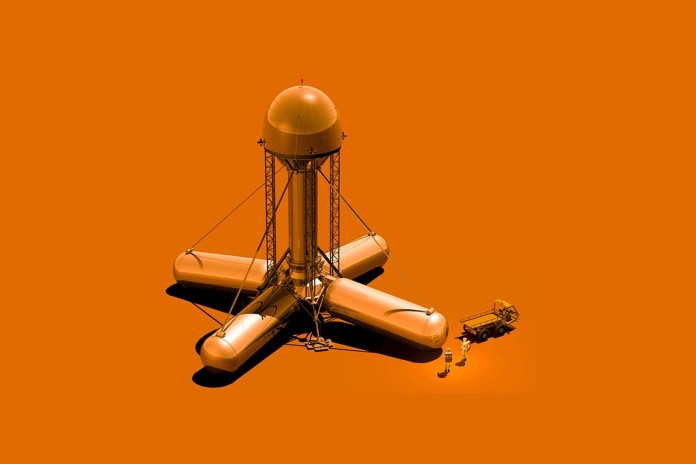
According to a recent press release on Wednesday, NASA is looking for ideas to build space habitats on Mars. With Russia and China looking to make their own marks on the red planet, perhaps they will contribute some ideas of their own.
NASA SEEKS PROPOSALS FOR SPACE HABITATS
From the press release, NASA plans to field proposals for building habitats in preparation for their highly anticipated Mars journey. So far, Boeing, Lockheed Martin, Bigelow Aerospace and Orbita ATK have all been awarded contracts. More may be on the way. The announcement comes soon after Congress put pressure on NASA to finish their various deep space habitat projects by 2018. With the increased budget of $55 million, Congress expects the agency to put that to good use. Easier said than done, though. Deep space living is no easy task, which is why NASA has opened their doors to some ideas. Will Russia and China contribute to some of these ideas?
RUSSIA HAS THEIR HANDS FULL WITH THE MOON; MARS CAN WAIT
It doesn’t look like the Russians will be offering any ideas for a Mars colony just yet. For the time being, Russia and Europe are deeply focused on the Moon. In 2020, they will be sending a rover to the moon in order to search out potential sites for building. Seeing as Russia’s space program needs some financial aid, they enlisted the help of the European Space Agency. From there, the two will team up on the lunar mission. Russia has still expressed interest in a Mars visit, but will likely have to wait. China, on the other hand, is all systems go.
CHINA READY FOR LAUNCH WITHOUT ANY HELP
China has all but pulled the trigger on their Mars mission. A recent report shows China landing a rover on Mars by 2020. At the moment, no plans for a colony are public, but it’s likely any further space plans will not feature the help of the U.S. China and NASA haven’t exactly been seeing eye to eye lately, so it’s likely they will take to space on their own terms.

















